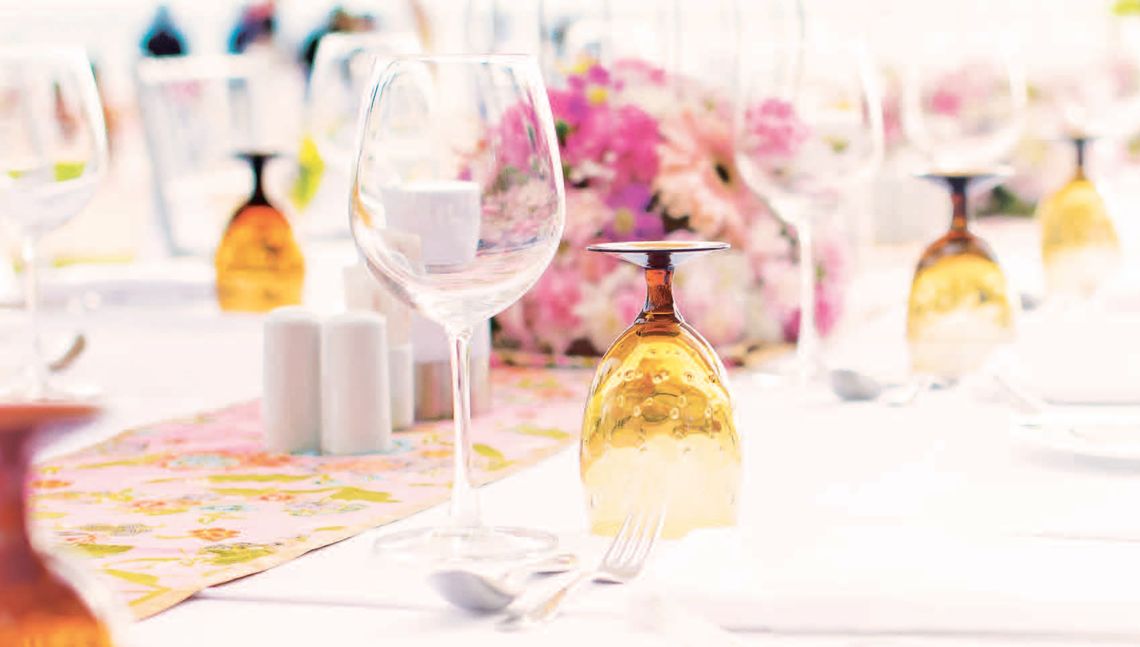A little bit of History!
Laurent Perrier Champagne
Established in 1812, Champagne Laurent-Perrier has a long tradition of innovation in Champagne and can be credited with many of the ideas that have defined Champagne production since the mid 20th century.
Laurent-Perrier was among the first to introduce stainless steel fermentation tanks to the region in the 1950s, resurrected the non-dosage Champagne category with the introduction of Ultra Brut in 1981, and sparked the revival of non-vintage rosé Champagne in 1968 despite the opinion of other producers that non-vintage rosés were not to be taken seriously.
Today,
Laurent Perrier’s iconic Cuvée Rosé remains the benchmark for non-vintage rosé champagne.
Laurent-Perrier has become one of the
international leaders in Champagne based entirely on the quality of the wines and core values as a company. Laurent-Perrier is still a family-controlled business and makes nothing other than champagne. The house prides itself on quality and consistency, attributable to having only 3 chefs de caves since 1949.
Laurent-Perrier’s house style emphasizes freshness, elegance, and finesse across its entire range of champagnes. None of the wines are aged in oak, and Laurent-Perrier makes fewer single-vintage wines than many other houses. The art of blending - not just of grapes but of years, as well - is fundamental to champagne.
At Laurent-Perrier, even our prestige cuvée Grand Siècle is never a single vintage wine, but always a blend of three complementary vintage years, essentially "creating" the perfect year.
Paul Hobbs Wines
Paul Hobbs has built his winery’s portfolio from the ground up on a foundation of strong, collaborative relationships with the growers of some of Napa’s and Sonoma’s most compelling and historical properties (Opus One, Peter Michael, Lewis Cellars, and Catena from Argentina).
Meticulous vineyard management, followed by minimally-invasive winemaking techniques, is Paul Hobbs approach for producing wines that express their vineyard origins with utmost finesse, complexity and authenticity; in other words,
wines with a sense of place.
As a winemaker, Paul is highly regarded for his ability to identify exceptional vineyards along with his pioneering, innovative work with new and historical sites and regions.
His success has inspired a wealth of nicknames among the press, from
quiet trendsetter to truffle-hunting dog.
He founded Paul Hobbs Winery in 1991, Vina Cobos in 1999 and is a leading consultant winemaker around the globe.




